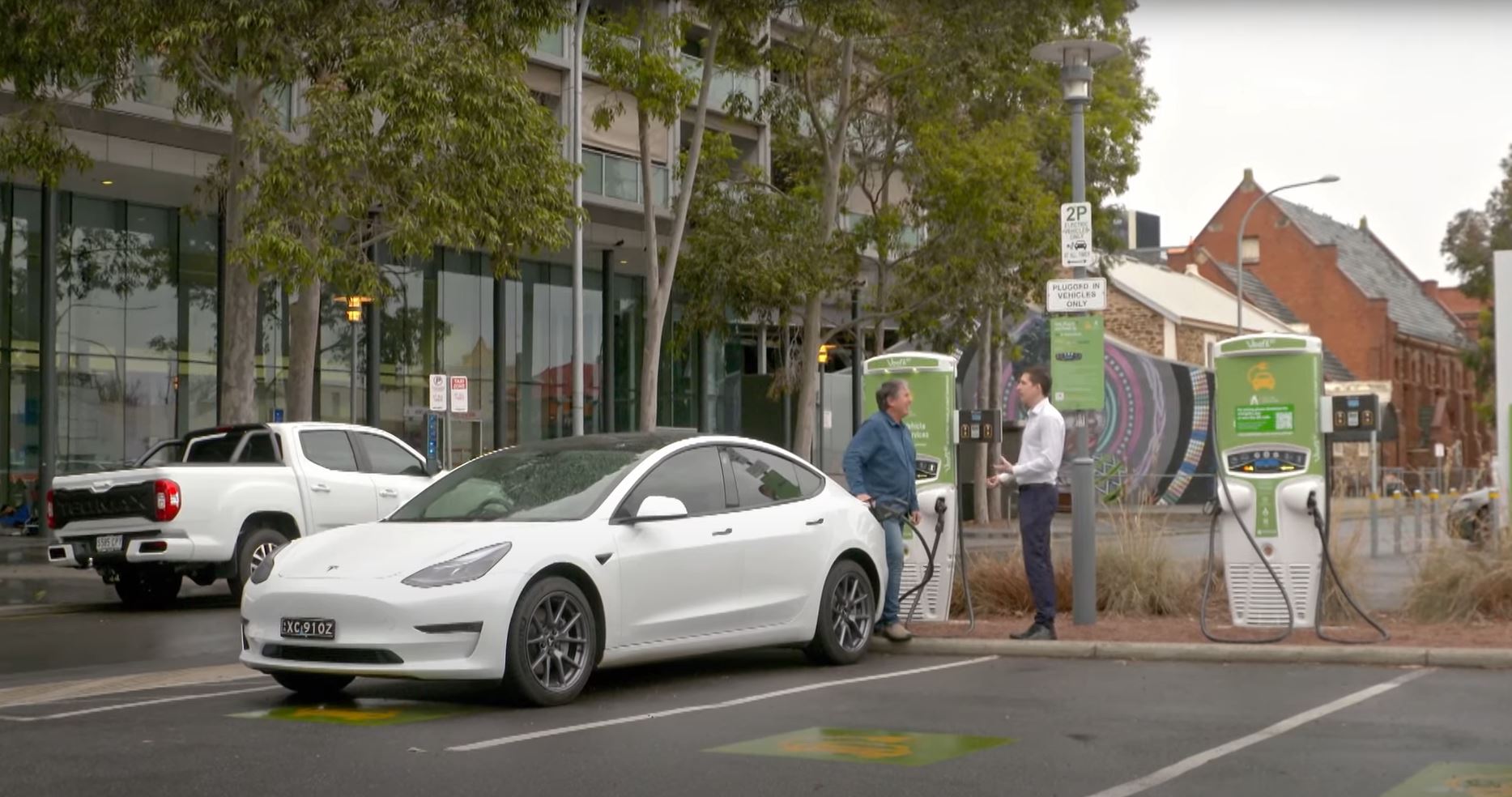Types of electric vehicles (EVs) and their benefits
Benefits of electric vehicles
EVs can provide significant cost-of-living benefits for owners, as well as being better for the environment and community health. Click below to read more about the benefits of EVs.
You can reduce your overall energy costs by switching to an EV, thereby avoiding the rising cost of imported petrol and diesel. EVs can be 70% cheaper to refuel, with annual savings of up to $1,600 for the average driver. You can save even more if you charge your EV from your home solar system, or during lower off-peak times.
Talk to your energy retailer about going on to a Time of Use (ToU) tariff, which makes charging cheaper by shifting as much of your electricity use as possible out of peak times.
There are several different EV cost calculators online that compare the cost of ownership savings you can make. They take into consideration your personal driving needs, as well as your vehicle charging and energy supply equipment.
Better for the environment
Transport accounted for 29% of South Australia’s total greenhouse gas emissions in 2021. With two-thirds of South Australia’s energy now powered by renewables — and on track to be 100% renewable by 2030 — EVs will produce much lower lifetime emissions when compared with internal combustion engine (ICE) vehicles.
Other environmental benefits of EVs include:
- Reduced air and noise pollution, thereby contributing to a more sustainable and healthier environment.
- Significantly reduced greenhouse gas emissions, with zero emissions from vehicle exhaust or fuel when an EV is powered by renewable energy.
- Improved energy security, with the ability to generate locally via renewables all the energy needed to power an EV, rather than using imported petrol and diesel.
- The creation of new jobs and economic opportunities to support the electric vehicle and transport industry.
EVs on show
The Strategy Team at SA Power Networks talks about their experience working with EVs.
Types of EVs
There are EVs available to suit all budgets and lifestyles. As more people move towards EVs, more models will become available to the Australian market, competition will increase, and prices should decrease.
There are two main types of EV:
- Battery EVs (BEVs), which are powered entirely by battery.
- Plug-in Hybrid Vehicles (PHEVs), which have both an electric motor and an internal combustion engine which is powered by another fuel source such as petrol, and can extend the range of the vehicle.
There is a growing range of BEVs and PHEVs available in Australia. Read the Electric Vehicle Council's Vehicle Guide to browse all the makes and models of EV currently available.
